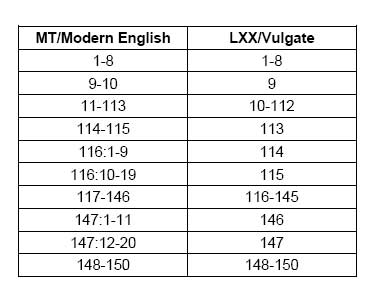Dead Sea Scrolls scholar Hanan Eshel is back in the news — well kind of. There is an online article about Hanan Eshel on the Biblical Archaeology Society Webstie that deals with some of the controversy surrounding his purchase of some fragments of a Leviticus Scroll.
Here are some excerpts from the article:
At the behest of the Israel Antiquities Authority (IAA), a leading Dead Sea Scroll scholar was arrested last year for purchasing four Dead Sea Scroll fragments from Bedouin who claimed to have found them in the Judean Desert. Hanan Eshel of Bar-Ilan University in Israel promptly published the fragments (of the Biblical book of Leviticus) and donated them to the state (the purchase funds had been provided by his university).In an ad in the leading Israeli newspaper Ha’aretz, 59 prominent scholars from around the world protested his arrest, calling the IAA’s action a “vengeful” act. The ad had no effect, however. The case is still under investigation by the police.
Bar-Ilan president Moshe Kaveh called the IAA action a “scandal.” The university stands “fully behind” Eshel.
So why was Hanan Eshel arrested?
Many believe that Eshel is, in the IAA’s view, on the wrong side of an issue that has divided the profession: Should unprovenanced materials, which are often looted, be studied and published by scholars?
…
One clear consequence of Hanan Eshel’s arrest: No new Dead Sea Scroll fragments will turn up in Israel again, thanks to the IAA. The looters, the smugglers, the underground dealers know that they cannot now find a buyer among or through Israeli scholars. Like Eshel, anyone who makes a purchase will be arrested. Much easier and safer simply to spirit any scrolls out of the country.
Although not widely known, numerous Dead Sea Scroll fragments are in private collections all over the world. The Eshels detect a “trend among collectors and antiquity dealers (perhaps due to economic factors) to share privately held fragments with the scholarly world.” In the opinion of the Eshels, “Qumran scholars should be encouraged to make an effort to publish these fragments, which provide a more complete picture of the Qumran corpus.”
Encouraging the publication of unprovenanced finds—that may well be Hanan Eshel’s real crime.
While I am against looting (what scholar would not be against it?), I tend to side with Eshel and the author of this article on this issue. I think it is far better to publish these finds even if we can’t be sure of their provenance. In addition, (as the full article notes) sometimes by studying these artefacts their provenance can be determined with some certainty.
I have posted quite a bit on the Leviticus Scroll fragments and their discovery, including a step-by-step reconstruction of the scroll and an interview with Hanan Eshel. All of my posts on this subject may be found here. In addition, I have brought together my posts and pictures of the fragments — including some new hi-resolution pictures –at my Resources Relating to the Dead Sea Scrolls pages.
(HT to Jim West)

